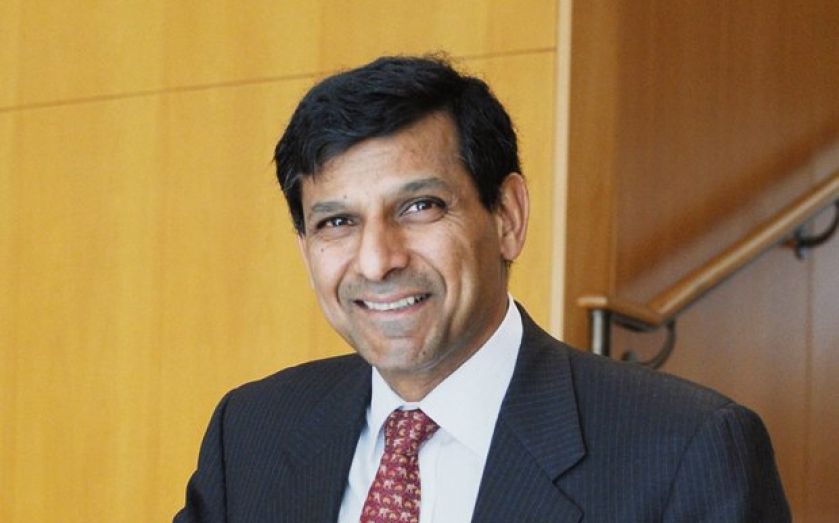Tough job kicks off for India’s new governor

INDIA’S new central bank governor Raghuram Rajan arrived at his new post yesterday, beginning the difficult job of organising monetary policy for the country’s struggling economy.
The country has suffered from a rapid depreciation of the rupee over recent months, with foreign investment leaving the country as expectations for the tapering of the Federal Reserve’s QE programme mount.
Rajan’s appointment begins as growth has slowed down for the country of 1.2bn people, while HSBC’s emerging markets PMI indicates that while other developing countries saw some improvement in August, India’s problems are more entrenched.
After his first afternoon, Rajan said: “These are not easy times, and the economy faces challenges. At the same time, India is a fundamentally sound economy with a bright future. Our task today is to build a bridge to the future, over the stormy waves produced by global financial markets. I have every confidence we will succeed in doing that.”
The new governor promoted the importance of monetary stability, competition between banks, and announced a new savings certificate, indexed to rising prices with the aim of protecting Indian households from inflation.
But the Indian economy may prove a challenge for Rajan, with significant issues that some commentators believe are beyond the reach of monetary policy. HSBC’s Murat Ulgen commented: “While some emerging markets are changing direction after a dip, India is still suffering.”
He added: “Clearly it’s a supply side issue – economically, high inflation and low growth shouldn’t happen in a normal operating environment – in the meantime it will be difficult to roll back liquidity tightening, and markets are still strained”
PROFILE: RAGHURAM RAJAN
The new governor of the Reserve Bank of India returns to the country from the University of Chicago, where he was a distinguished service professor of finance.
Rajan, who was born in Bhopal, studied at an undergraduate level in India, before moving to the US. He will serve a three-year term as governor of the central bank.
The academic has previously worked as the chief economist of the International Monetary Fund (IMF), where he was the youngest and first person to come to the position from outside of the western world.
Though Rajan’s time at the IMF coincided with a period of economic moderation , he is often lauded for a paper he wrote in 2005 which is regarded as prescient in the aftermath of the financial crisis, but were dismissed by the Federal Reserve chairman Alan Greenspan at the time.
More recently, Rajan has also served as a senior economic advisor to the Indian government, chairing a panel on reforms to the country’s financial sector.
During his time at the IMF, the new governor wrote an article titled ‘Assume anarchy?’, which is critical of the widely accepted models and analysis of developing economies.
Rajan is known to be in favour of supply-side reform, and has publicly disagreed with prominent economist Paul Krugman in Foreign Affairs magazine, writing another article, titled “The west can’t borrow and spend its way to recovery”.